১০ ফাল্গুন ১৪৩২
Sheikh Hasina Ordered use of Lethal Weapons to Suppress July Uprising
09 July 2025 18:07 PM
NEWS DESK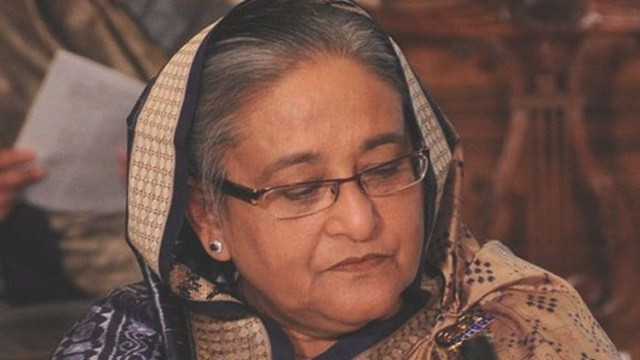
A deadly crackdown on student-led protests in Bangladesh last year was authorised by the then prime minister Sheikh Hasina, according to audio of one of her phone calls verified by BBC Eye, a BBC's documentary series offering high-impact investigations.
In the audio, which was leaked online in March, Hasina says she authorised her security forces to "use lethal weapons" against protesters and that "wherever they find [them], they will shoot".
On July 2, 2025, the International Crimes Tribunal (ICT)-1 convicted and sentenced ousted prime minister Sheikh Hasina to six months in jail in a contempt of court case.
Prosecutors in Bangladesh plan to use the recording as crucial evidence against Hasina, who is being tried in absentia at a special tribunal for crimes against humanity, BBC reports.
The ICT has already taken the issue of Hasina's phone call into its account and will deliver its order in this regard tomorrow. Up to 1,400 people died in the unrest, according to UN Office of the High Commissioner for Human Rights (OHCHR). Hasina fled to India on August 5 last year.
The leaked audio of Hasina's conversation with an unidentified senior government official is the most significant evidence yet that she gave direct authorisation to shoot anti-government protesters, tens of thousands of whom had taken to the streets by last summer, according to BBC Eye Investigations and BBC Bangla.
The protests began against civil service job quotas for relatives of those who fought in the 1971 war of independence and escalated into a mass movement that ousted Hasina, who had been in power for 15 years. It is the worst violence Bangladesh had seen since the 1971 war.
Some of the bloodiest scenes occurred on August 5, the day Hasina fled by helicopter before crowds stormed her residence in Dhaka. The BBC World Service investigation established previously unreported details about a police massacre of protesters in the capital - including a much higher death toll.
Hasina was at her residence in Dhaka, known as the Ganabhaban, for the duration of the call which took place on July 18, a source with knowledge of the leaked audio told the BBC.
It was a crucial moment in the demonstrations. Security officials were responding to public outrage at police killings of protesters captured on video and shared across social media. In the days following the call, military-grade rifles were deployed and used across Dhaka, according to police documents seen by the BBC.
The recording the BBC examined is one of numerous calls involving Hasina that were made by the National Telecommunications Monitoring Centre (NTMC), a Bangladeshi government body responsible for monitoring communications.
The audio of the call was leaked in early March this year - it's unclear by whom. Since the protests, numerous clips of Hasina's calls have appeared online, many of them unverified. The leaked 18 July recording was voice matched by the Criminal Investigation Department in the Bangladesh Police with known audio of Sheikh Hasina's voice.
The BBC conducted its own independent verification by sharing the recording with audio forensics experts Earshot, who found no evidence the speech had been edited or manipulated and said it was highly unlikely to have been synthetically generated.
Earshot said the leaked recording was likely to have been taken in a room with the phone call played back on a speaker, due to the presence of distinctive telephonic frequencies and background sounds. Earshot identified Electric Network Frequency (ENF) throughout the recording, a frequency that's often present in audio recordings due to interference between a recording device and mains-powered equipment, an indicator that the audio has not been manipulated.
Earshot also analysed Sheikh Hasina's speech - the rhythm, intonation and breath sounds - and identified consistent noise floor levels, finding no evidence of synthetic artefacts in the audio.
"The recordings are critical for establishing her role, they are clear and have been properly authenticated, and are supported by other evidence," British international human rights barrister Toby Cadman told the BBC.
He is advising Bangladesh's International Criminal Tribunal (ICT), the court hearing cases against Hasina and others. An Awami League spokesperson said: "We cannot confirm whether the tape recording referenced by the BBC is authentic."
Alongside Sheikh Hasina, former government and police officials have been implicated in the killings of protesters. A total of 203 individuals have been indicted by the ICT, of whom 73 are in custody.
BBC Eye analysed and verified hundreds of videos, images and documents detailing police attacks against demonstrators across 36 days.
The investigation found that in one incident on August 5 in Jatrabari, a busy Dhaka neighbourhood, at least 52 people were killed by police, making it one of the worst incidents of police violence in Bangladesh's history. Initial reports at the time suggested 30 dead in Jatrabari on that day.
The BBC investigation uncovered new details about how the massacre started and ended. Gathering eyewitness footage, CCTV and drone imagery, BBC Eye established that police opened fire indiscriminately on protesters immediately after army personnel, who were separating the police from the protesters, vacated the area.
For more than 30 minutes the police shot at fleeing protesters as they tried to escape down alleyways and on the highway, before the police officers sought shelter in a nearby army camp. At least six police officers were also killed as protesters retaliated hours later, setting fire to the Jatrabari police station.
A spokesperson for the Bangladesh Police told the BBC that 60 police officers had been arrested for their role in the violence in July and August last year. "There were regrettable incidents in which certain members of the then police force engaged in excessive use of force," said the spokesperson. "Bangladesh Police has launched thorough and impartial investigations."
Hasina's trial began last month. She has been charged with committing crimes against humanity, including issuing orders that led to mass killings and targeted violence against civilians, as well as incitement, conspiracy and failure to prevent mass murder.
India has so far failed to comply with a Bangladeshi request for her extradition. It is unlikely that Hasina will return to the country for the trial, Mr Cadman said.
The party has rejected the findings of United Nations investigators, who said they had found reasonable grounds to believe the actions of Hasina and her government could amount to crimes against humanity.
Since Hasina's fall, Bangladesh has been ruled by an interim government led by Nobel Prize winner Muhammad Yunus.




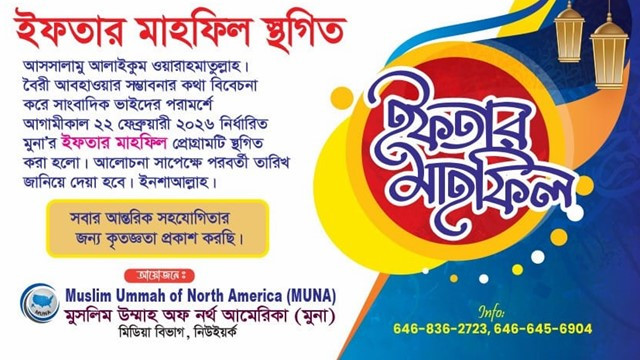
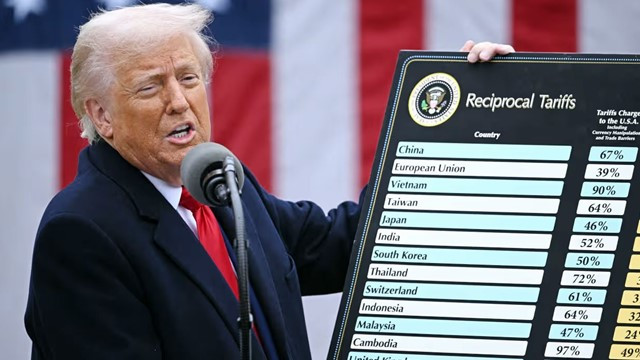
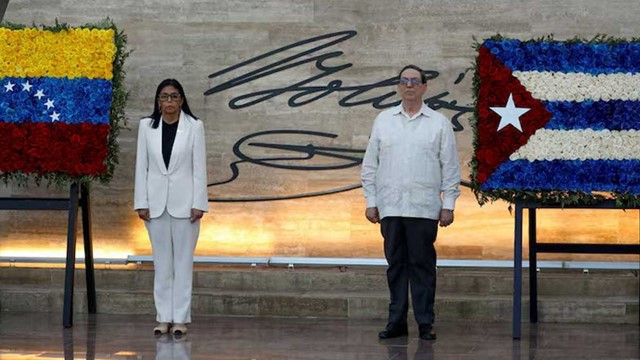
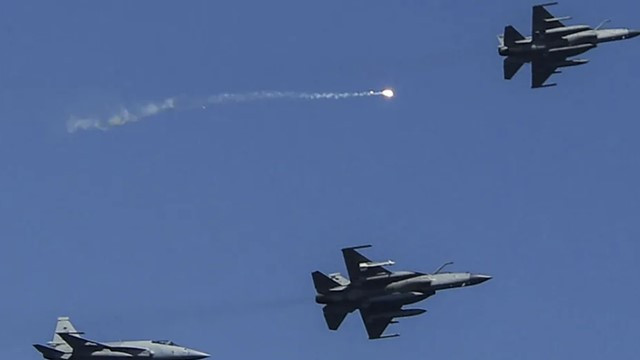
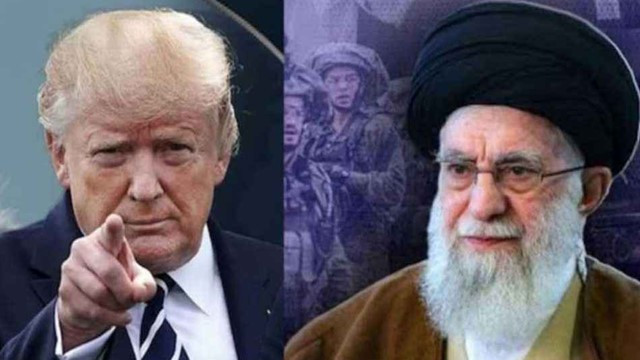
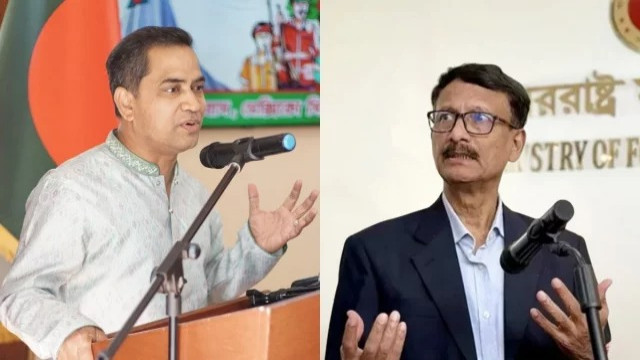
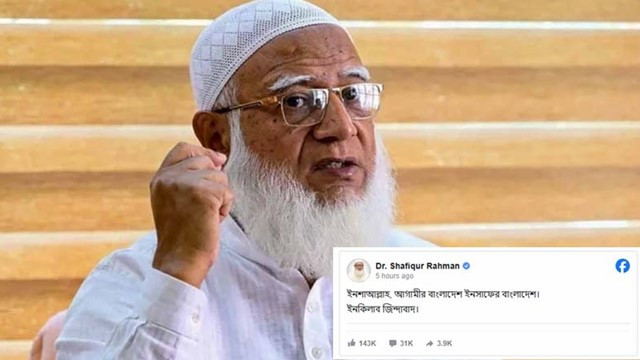

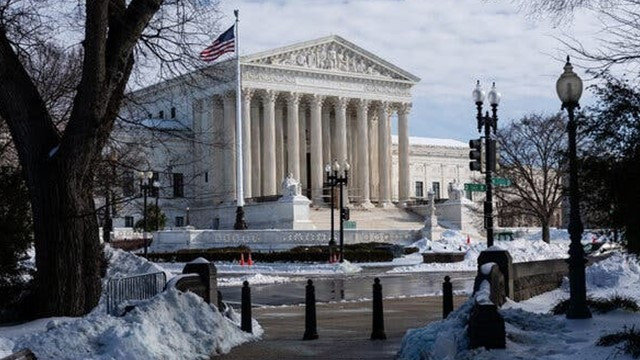
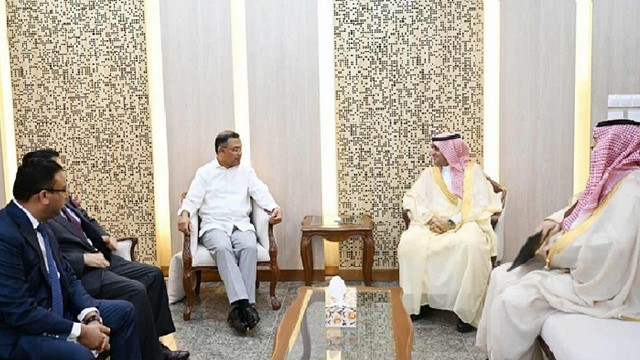
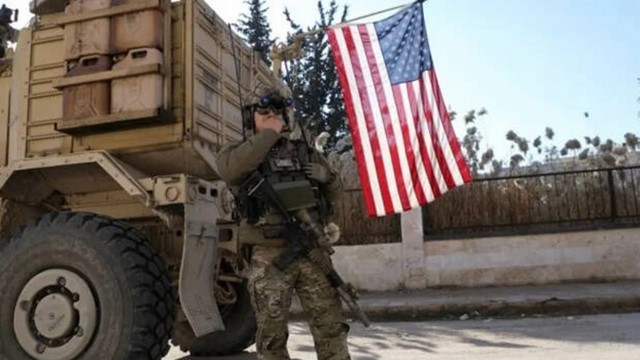
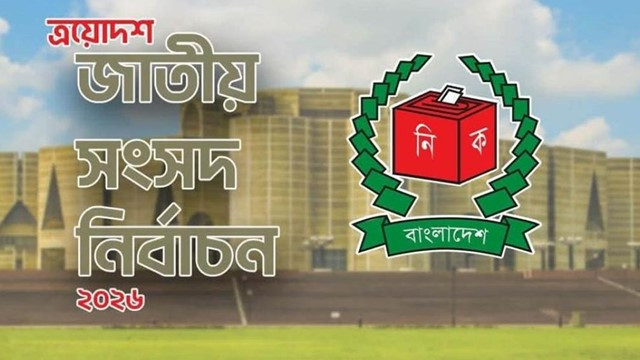
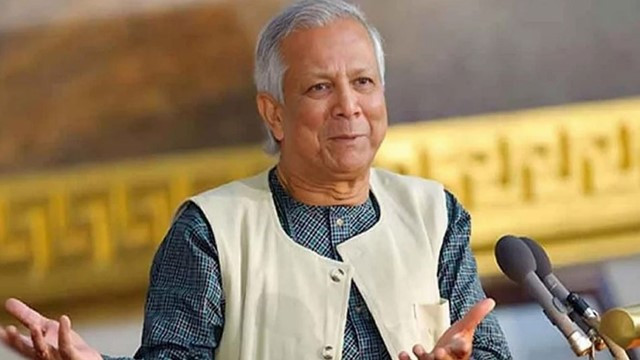
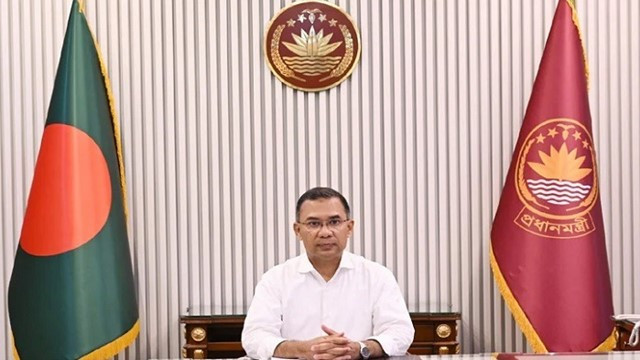
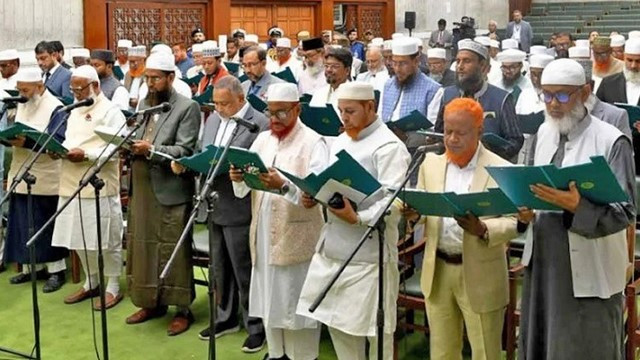
Comments Here: